Dopłaty i ulgi na zakup ładowarki do samochodu elektrycznego – aktualny przewodnik Zakup ładowarki do samochodu...
- There are no more items in your cart
- Shipping
- Total zł0.00
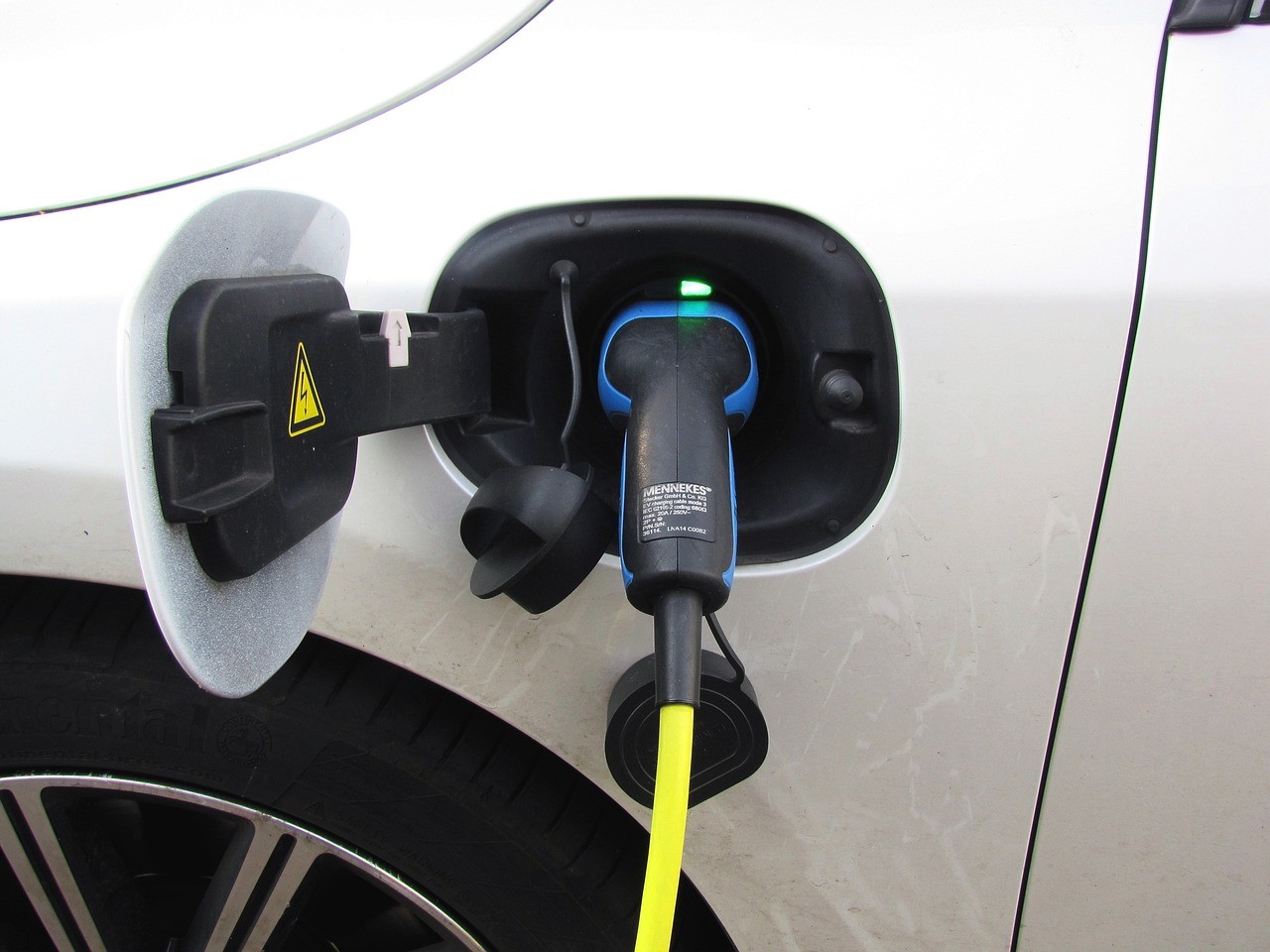
Electric Car Charger – How to Calculate the Charging Time for Your Vehicle?
Electric Car Charger – How to Calculate the Charging Time for Your Vehicle?
Charging an electric car may seem like a simple task – just plug in the cable and wait. However, for many users, the crucial question is: how long will it take? The charging time of an electric vehicle depends on several important technical factors, such as the battery capacity and the charger’s power output. In this article, we explain how to calculate charging time based on battery size, what to consider when choosing a charger, and what practices help optimize the entire process.
Table of Contents:
-
What factors affect the charging time of an electric car?
-
How to calculate charging time based on battery capacity and charger power?
-
Differences in charging time depending on the type of charger used
-
Can you use a charger with a different power rating than recommended?
-
Best practices for charging your EV at home and on the road
What Factors Affect the Charging Time of an Electric Car?
The charging time of an electric car depends on several parameters. The most important is battery capacity, expressed in kilowatt-hours (kWh). The larger the battery, the longer it takes to charge. Another key factor is the charger’s power – both the onboard charger built into the vehicle and the external power source.
Also important is the type of current – alternating current (AC) or direct current (DC). DC chargers offer much faster charging. The actual charging time can also be affected by the state of battery charge and environmental conditions, such as ambient temperature.
How to Calculate Charging Time Based on Battery Capacity and Charger Power?
You can easily estimate the charging time using a simple formula:
Charging time (hours) = Battery capacity (kWh) / Charging power (kW)
Example:
A car with a 60 kWh battery and a charger output of 11 kW will take about 5.5 hours to charge (60 ÷ 11 = 5.45 h).
Keep in mind that this is a rough estimate – actual charging times can be longer due to energy losses, technical limitations, or dynamic charging curves.
Differences in Charging Time Depending on the Type of Charger
Charging time varies significantly depending on the type of charger used. Home AC chargers like wallboxes (3.6 kW, 7.4 kW, 11 kW) offer different speeds. In contrast, DC fast chargers (50 kW, 100 kW, or more) significantly reduce charging time. Mobile EV chargers are also available, allowing charging from a regular 230V household outlet or a higher-capacity industrial socket.
Example for a car with a 50 kWh battery:
-
230V home socket (2.3 kW) – approx. 22 hours
-
Wallbox (7.4 kW) – approx. 7 hours
-
DC fast charger (50 kW) – approx. 1 hour
Can You Use a Charger with a Different Power Rating Than Recommended?
Many users wonder whether they can use a charger with higher power than what the car manufacturer recommends. In practice, this is safe – the vehicle will automatically limit the charging power to the maximum supported by its onboard system. So, using a higher-power charger won’t harm the car, but it won’t speed up charging unless the car can take full advantage of it.
However, avoid cheap adapters and uncertified connectors, which may cause overheating and fire risks. Always use certified solutions and comply with the vehicle’s technical specifications.
Best Practices for Charging an Electric Vehicle at Home and on the Road
Once you understand the factors influencing EV charging time, here are some best practices to help reduce time and improve safety:
-
Use chargers designed for long-term use, like EV wallboxes or quality mobile models
-
Avoid fully discharging the battery – charge regularly, ideally when battery level drops to 20–30%
-
Charge under moderate temperature conditions when possible
-
Take advantage of nighttime energy tariffs if available
-
Inspect cables and installations regularly for wear or faults
There is a wide range of devices on the market for convenient charging in various conditions. In our offer, you’ll find mobile EV chargers ideal for travel, as well as stationary chargers for home or business use. Choosing the right solution helps shorten charging times, extend battery life, and enhance the comfort of daily EV use.


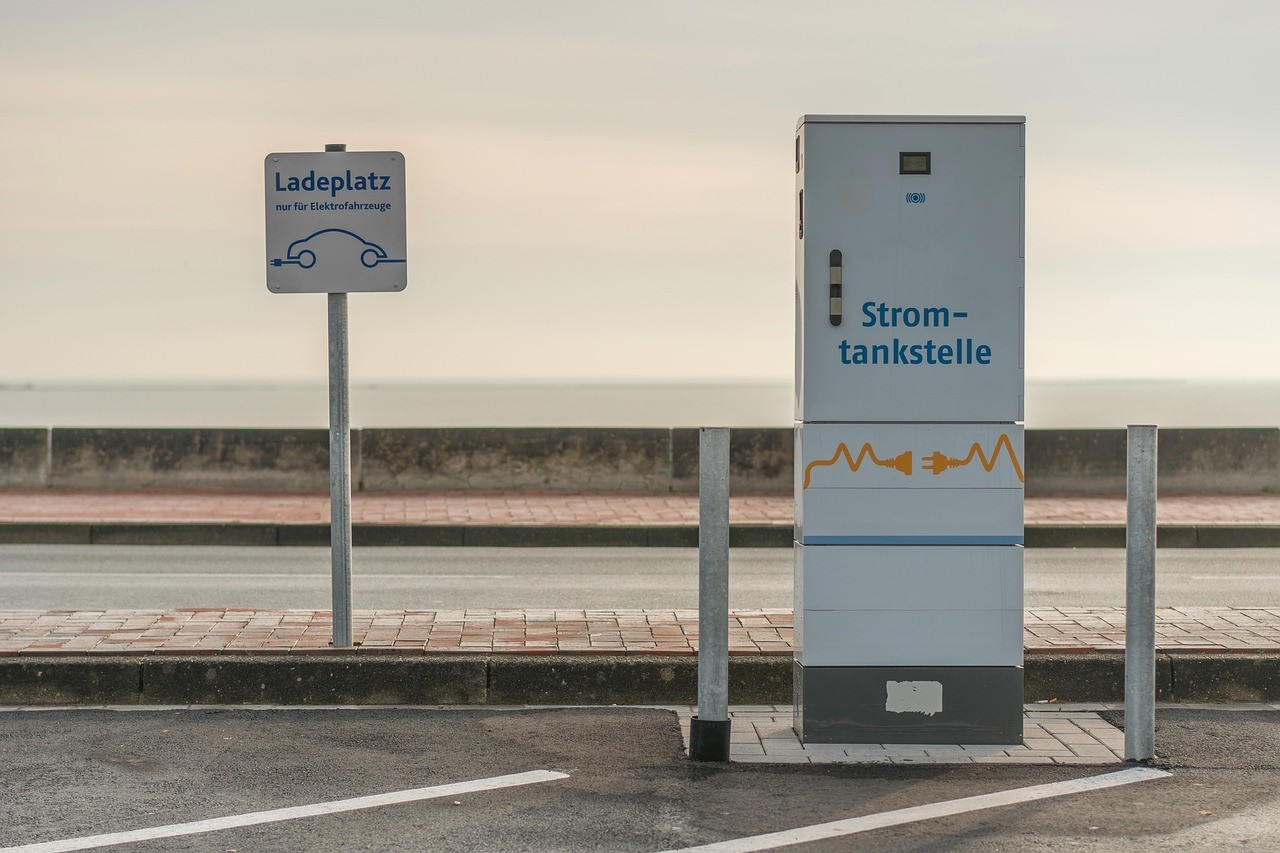





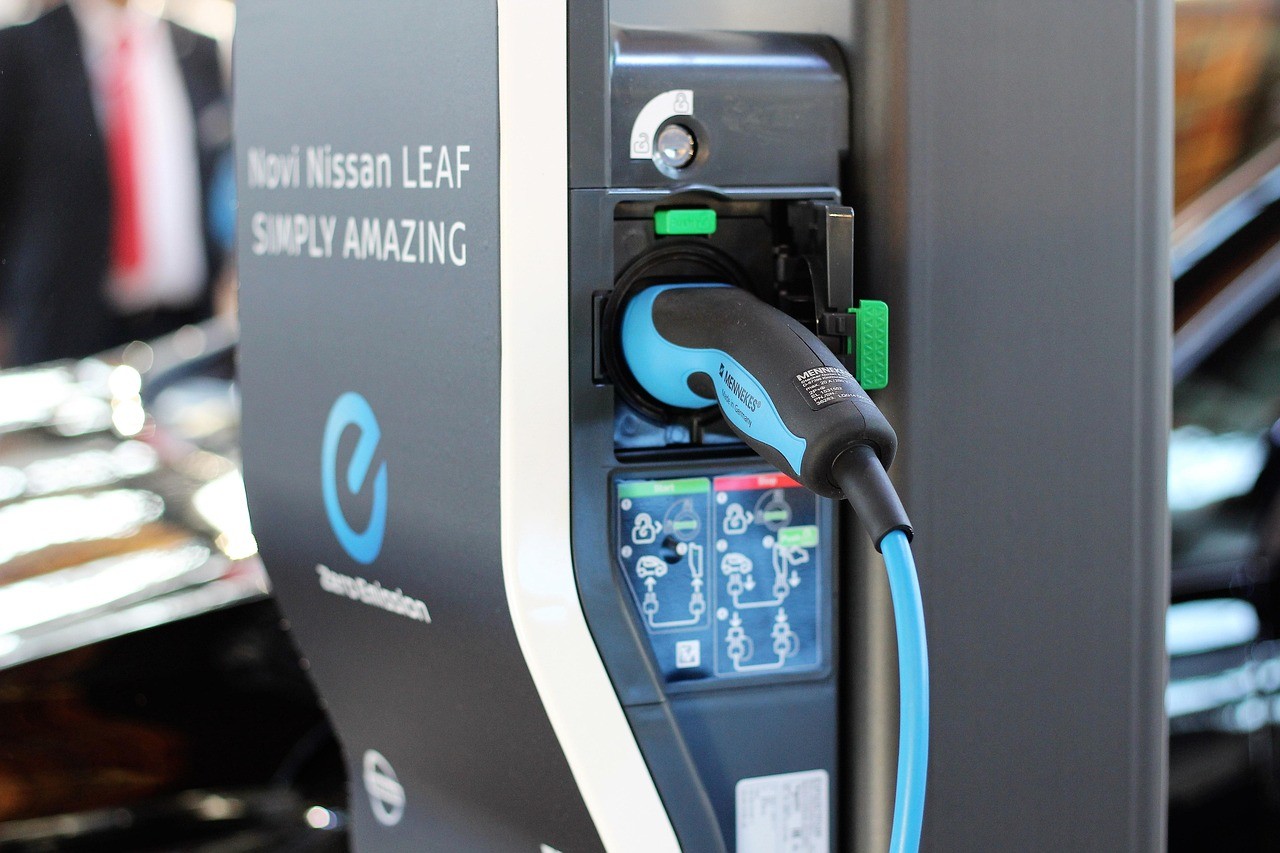
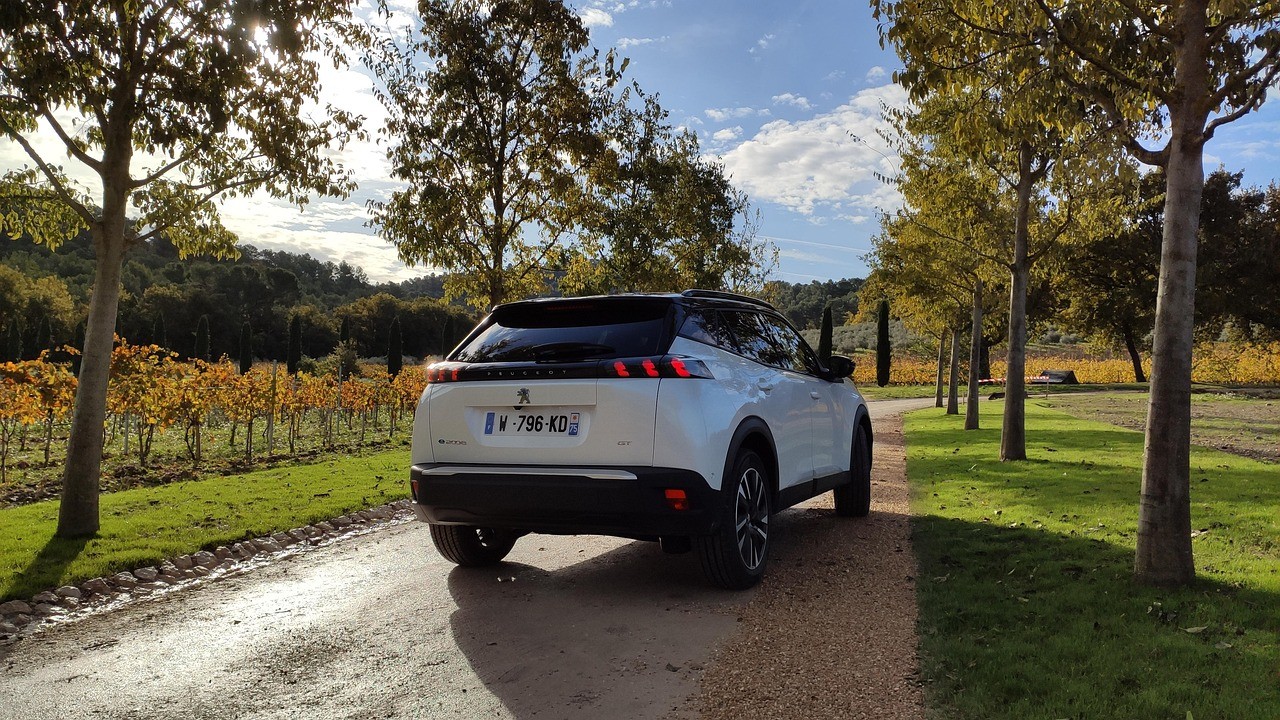
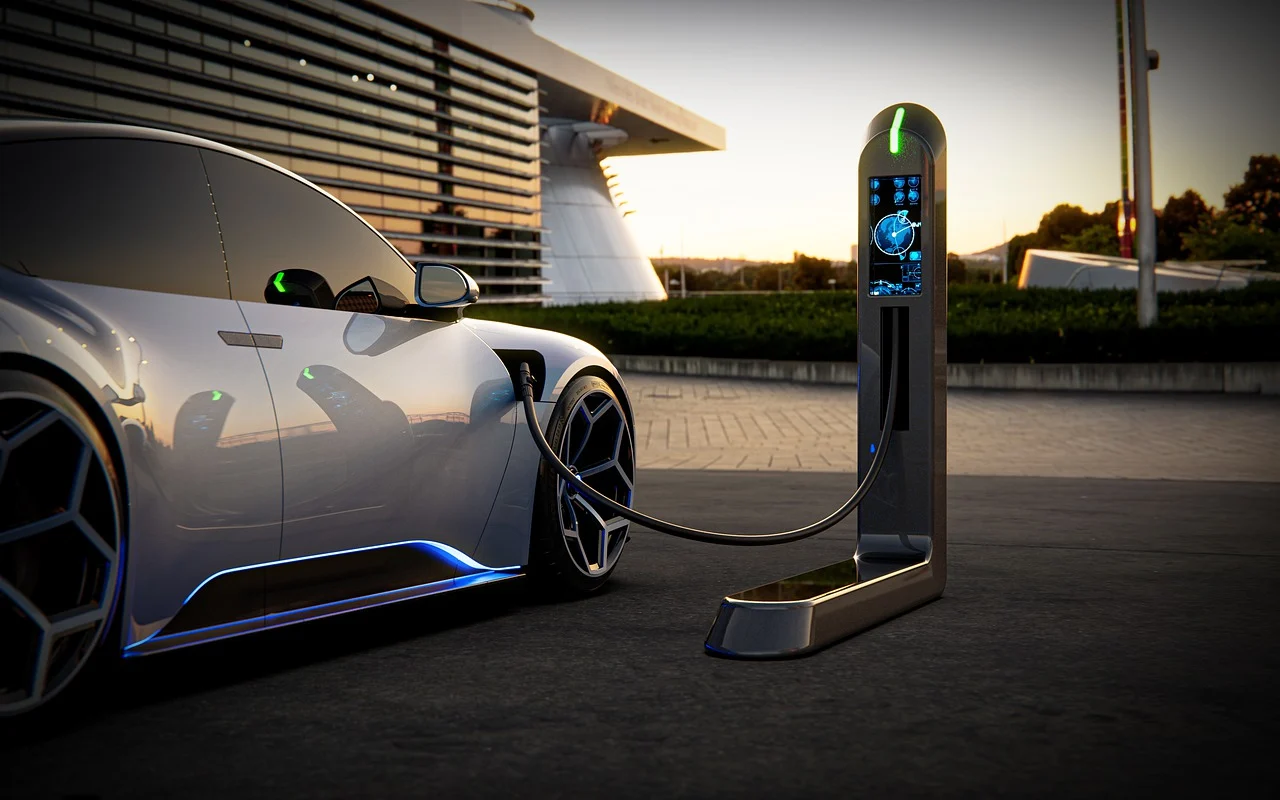

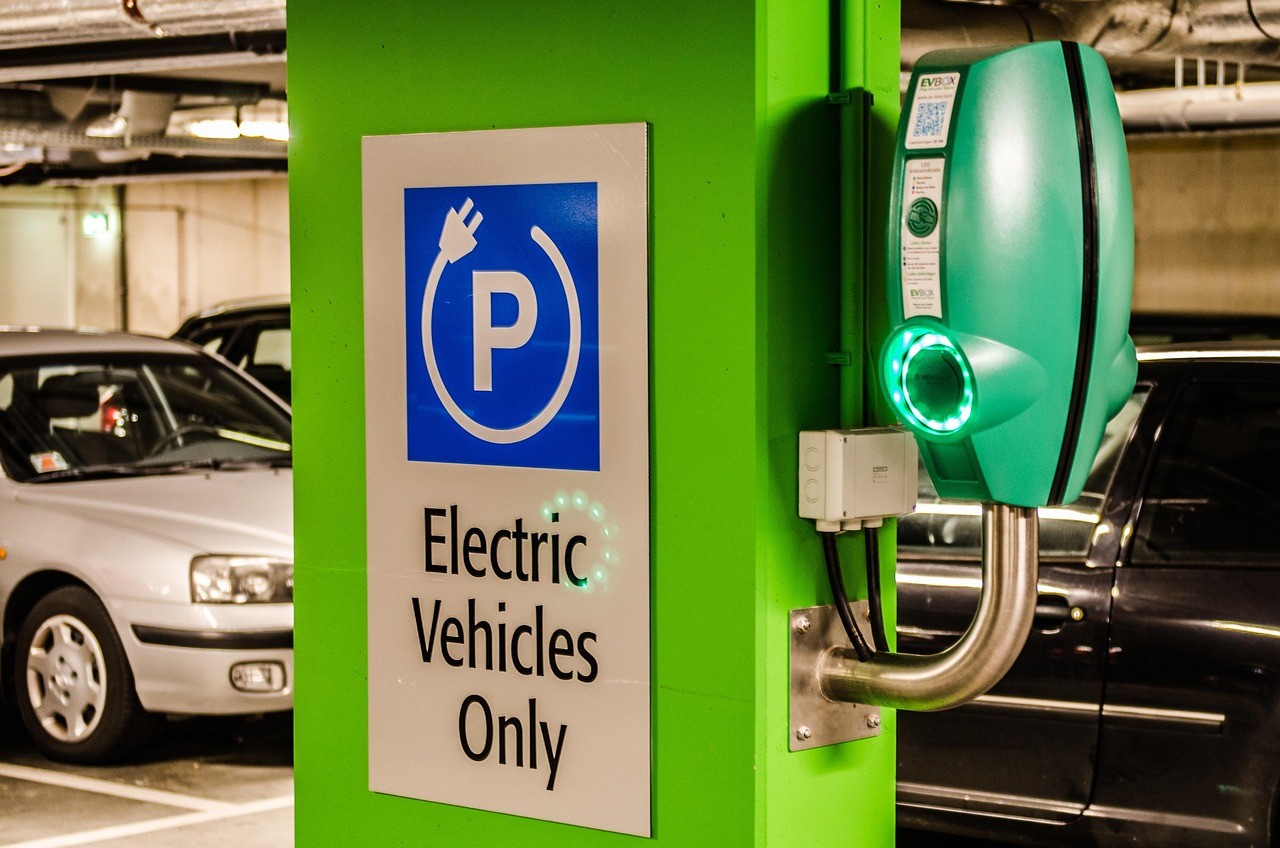
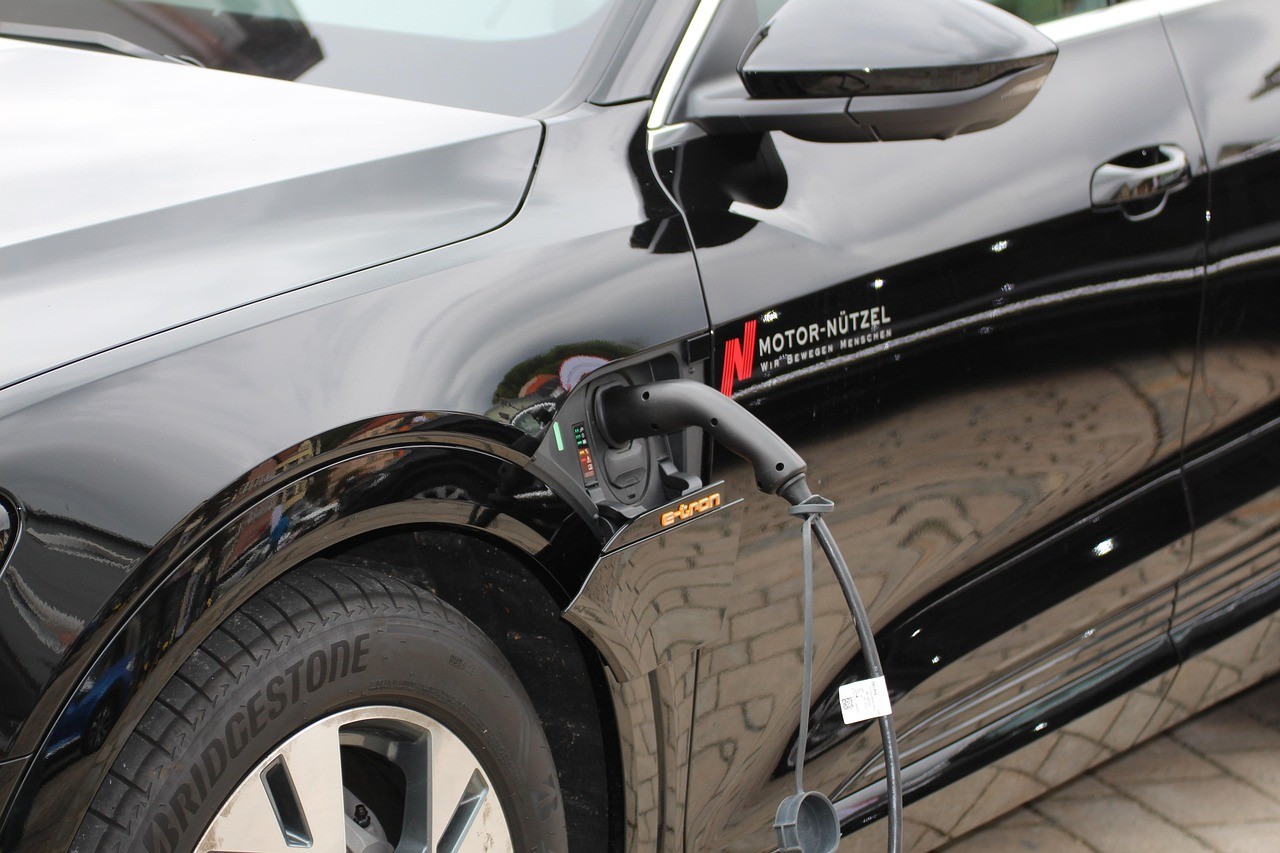
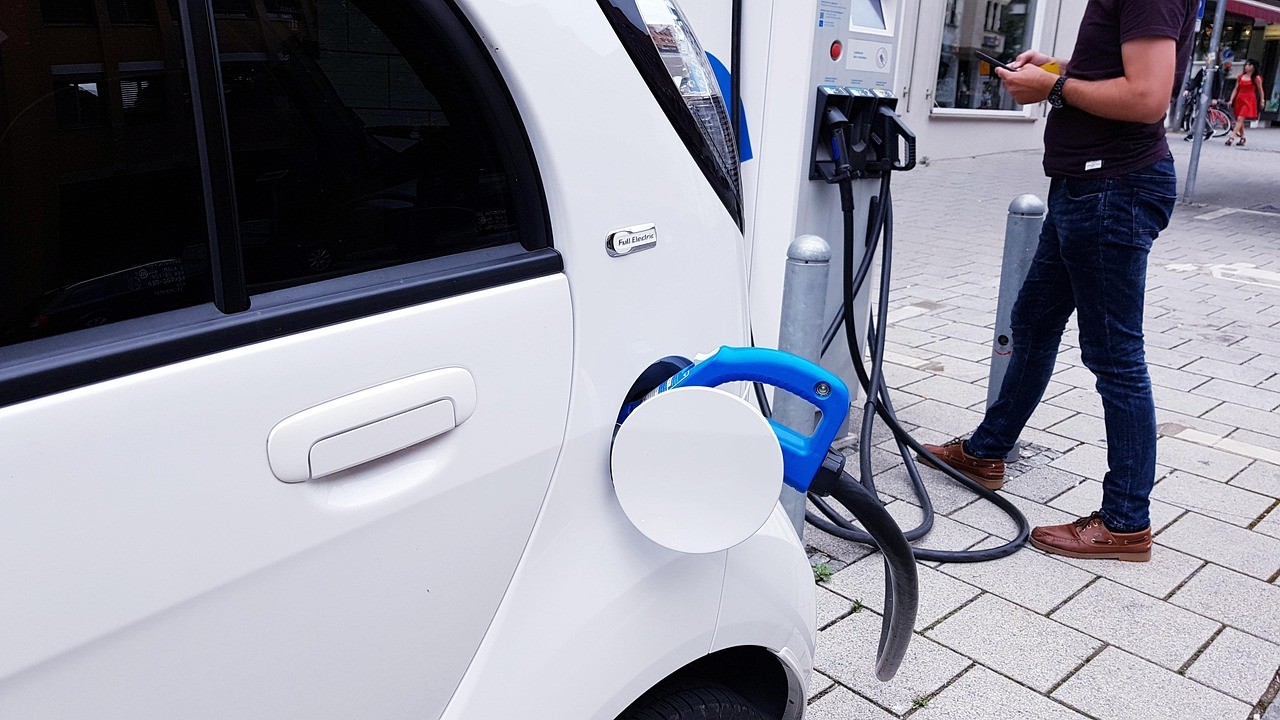
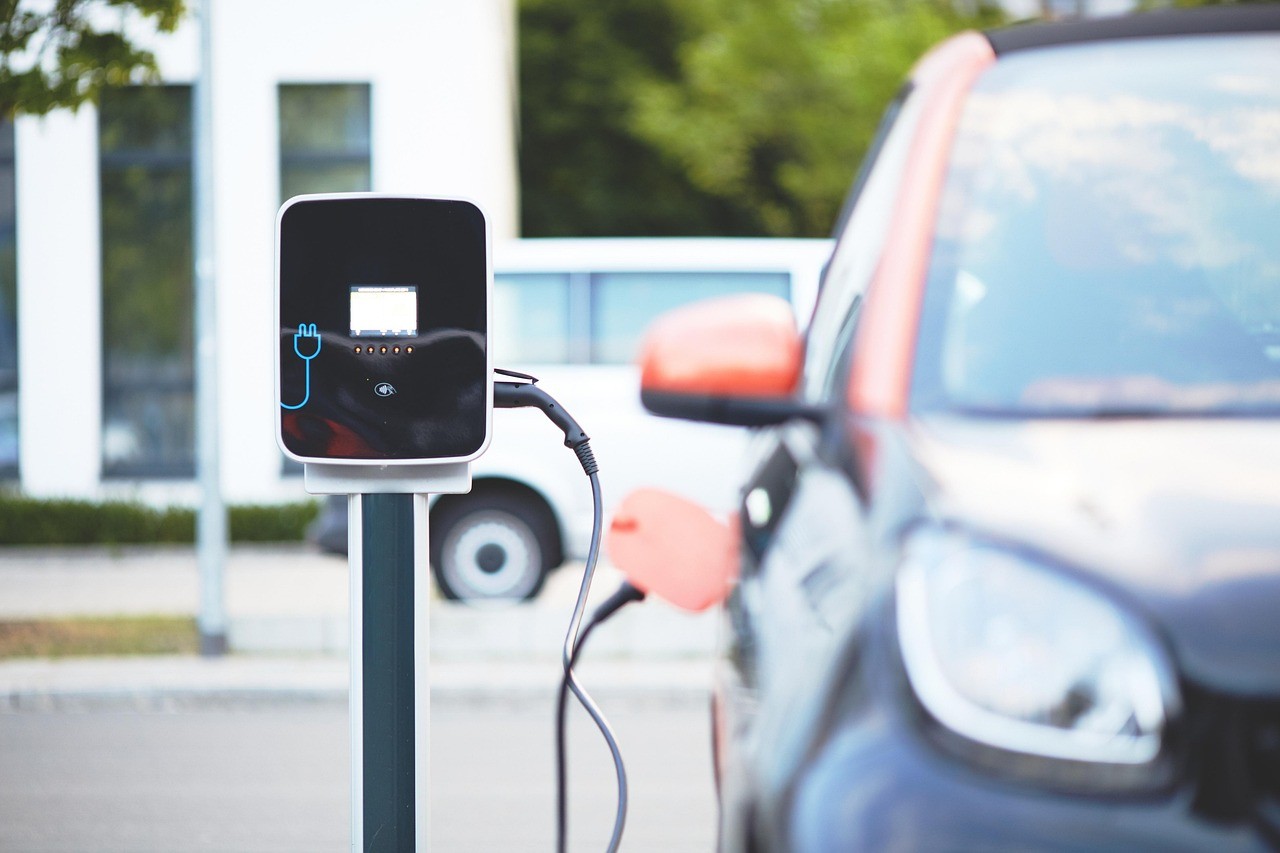
Leave a comment